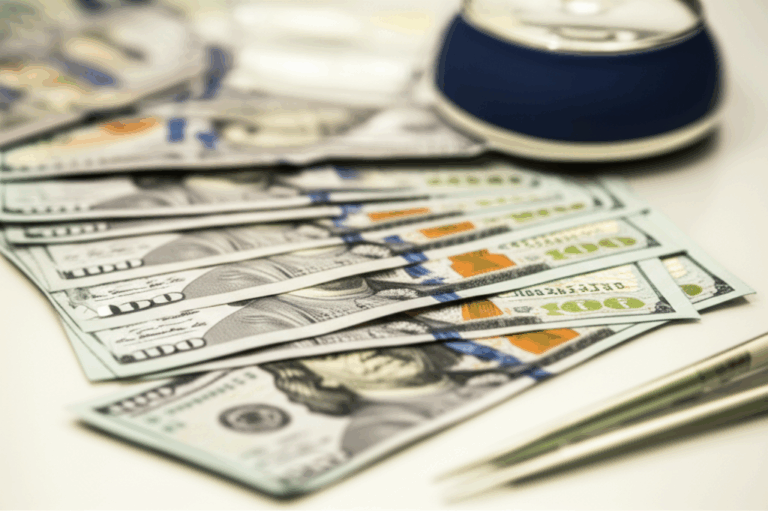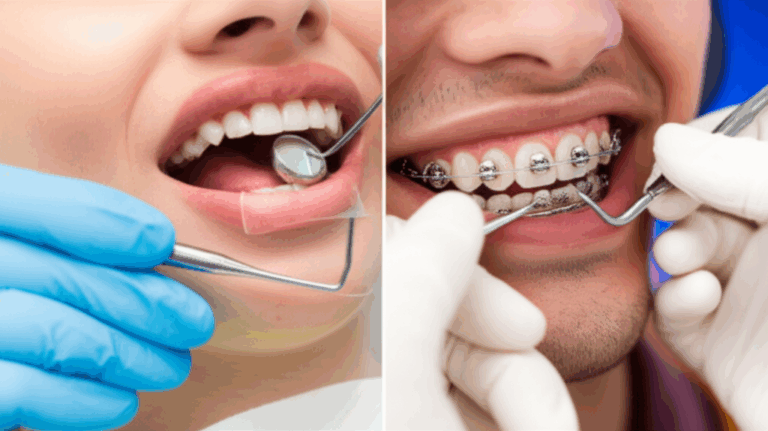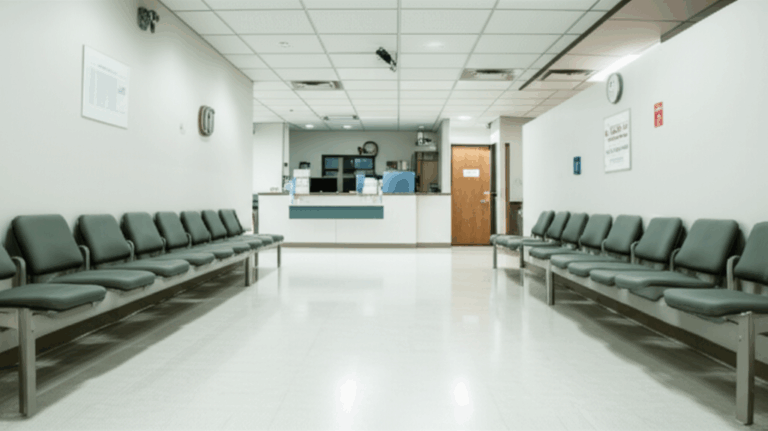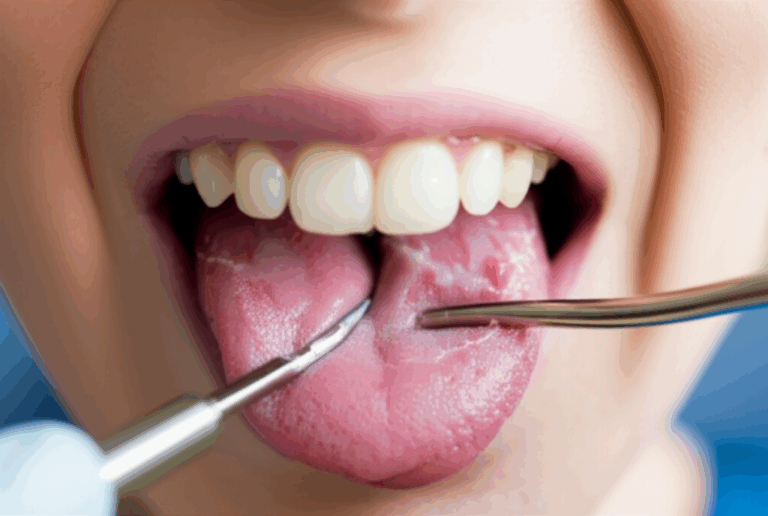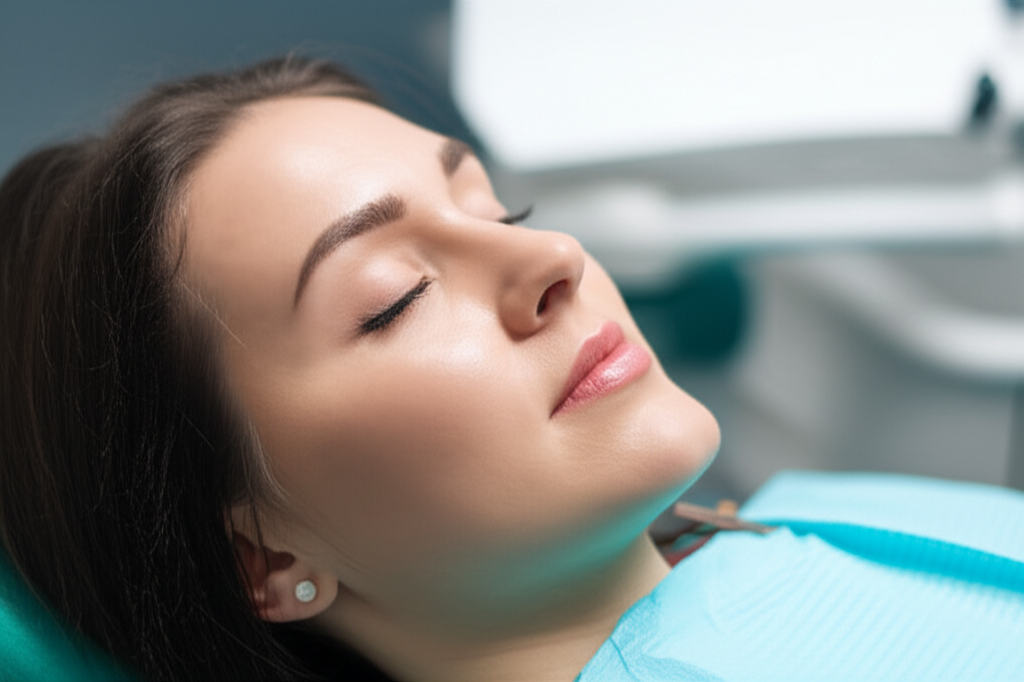
Does Dental Anesthesia Make You Sleepy? Understanding Drowsiness After Dental Procedures
That out-of-it, slow-motion feeling after a trip to the dentist isn’t just in your head. Whether you’re getting your first filling or just had your wisdom teeth out, you might be thinking: Does dental anesthesia make you sleepy, and how long will this last? You’re not the only one asking. Lots of people worry about being tired or wiped out after going to the dentist. It’s a fair question, especially if you need to go back to work, drive, or take care of family after your appointment.
In this guide, we’ll answer your big questions about dental anesthesia and feeling tired after. We’ll show you what to expect, how long you might feel sleepy, and—most important—when sleepiness is normal or when you should call your dentist. You’ll finish with clear answers and ready to handle your next dental visit. Let’s get started.
In This Article
- The Short Answer: It Depends on the Type of Anesthesia
- Local Anesthesia: Numbing Without Deep Sleepiness
- Sedation Dentistry: Designed for Relaxation, Often Leading to Drowsiness
- General Anesthesia: Full Unconsciousness and Significant Sleepiness
- Why You Feel Sleepy: The Reasons Behind Feeling Tired After Dental Work
- How Long Does the Sleepiness Last? Recovery Times by Anesthesia Type
- Managing Post-Anesthesia Drowsiness: Easy Recovery Tips
- When to Be Concerned: Signs to Watch for and When to Call Your Dentist
- Conclusion: Understanding Your Post-Dental Experience
The Short Answer: It Depends on the Type of Anesthesia
So, does dental anesthesia make you sleepy? The truth is, it depends—on the kind of anesthesia the dentist uses, how your own body handles it, and how healthy you are in general.
Dental anesthesia comes in different forms. Some, like local anesthesia (the shot for numbing), don’t make you sleepy at all. Others, especially sedatives or general anesthesia, are meant to relax you so much you might nap, forget part of the appointment, or feel tired for hours after.
So that tired feeling after seeing the dentist can be totally normal—or barely noticeable—depending on what was used.
Local Anesthesia: Numbing Without Deep Sleepiness
What Local Anesthesia Is
Local anesthesia is the numbing shot most people have had at the dentist. Your dentist puts it into the gums near your tooth—usually using meds like lidocaine or novocaine. Quickly, that spot gets numb, so you don’t feel pain during drilling, fillings, or root canals.
This isn’t just pain relief. It works by stopping nerve signals right where you need it, making you comfortable but leaving you fully awake and able to talk and think.
Does It Cause Sleepiness?
Here’s the good news: Local anesthesia by itself almost never makes people sleepy. It doesn’t go through your whole body or make your brain less awake. After the numbness wears off, you might feel just normal tired if you were in the chair a long time, but that’s it.
Why Do Some People Feel Tired Anyway?
Still, some people say they’re worn out after even just local anesthesia. Why?
- Stress Letdown: Worrying about pain or needles can make you tired once the appointment is over. When you relax, you might feel like you need a break, sort of like after taking an important test.
- Jaw Tiredness: Keeping your mouth open for a long time can make your face sore and tired.
- Long Appointments: The longer you’re in the chair, the more likely you might feel run down after.
But none of these things are from the local anesthesia—they’re from the visit itself.
How Long Does the Numbing Last?
Most local anesthesia wears off in 1–3 hours. Numb lips or cheeks might last a bit longer, depending on the medicine, how much you get, and your body. After that, any slight tiredness should go away fast.
> Simple Example: Think of local anesthesia like a raincoat for your tooth—it keeps the pain away, but it doesn’t change how the rest of your body feels.
Sedation Dentistry: Designed for Relaxation, Often Leading to Drowsiness
Some dental work—or anxious patients—need more relaxation than just numbing. That’s where sedation dentistry comes in. Dentists can give you medicine to help you relax, worry less, or even nap lightly during the appointment. These often do make you feel sleepy, either during or after your visit.
Let’s look at the most common types:
Nitrous Oxide (Laughing Gas)
How it works: Nitrous oxide, or “laughing gas,” is put over your nose while you’re in the chair. It makes you feel light, relaxed, and sometimes happy or giggly.
Sleepiness Factor: Laughing gas works quickly and goes away quickly. You might feel a little dreamy or different while it’s on, but usually, there’s only a little sleepiness once the gas stops and you breathe regular air for a few minutes.
Recovery Tip: Most people can drive themselves home and go back to their day soon after. A few people might feel a bit tired for about half an hour.
Oral Sedation (Pills)
How it works: Oral sedation uses pills called benzodiazepines—like triazolam or midazolam. You take a pill before your visit that helps you get really relaxed, less aware, and often sleepy enough to nap a bit.
Sleepiness Factor: Oral sedation usually causes moderate to strong sleepiness. A lot of people get “twilight sleep” (you’re awake but very calm), and might not remember much about the appointment.
Recovery Tip: The sleepiness can last 4–8 hours (sometimes up to 24 for people who are sensitive or take a big dose). You need someone to drive you home and you shouldn’t plan to work, study, or drive for the rest of the day.
IV Sedation (Intravenous)
How it works: IV sedation is even stronger. Medicine is put right into your vein. You get really calm, and it often feels like you’re asleep. Most people don’t remember the visit at all.
Sleepiness Factor: Deep sleepiness and feeling “out of it” are normal after IV sedation. You might wake up feeling fuzzy or weak.
Recovery Tip: Sleepiness can last 6–12 hours (with a bit of tiredness even up to 24 hours for some people). You’ll need a ride home, will want a long nap, and you shouldn’t drive or make important choices until the next day.
General Anesthesia: Full Unconsciousness and Significant Sleepiness
For big dental surgeries—like wisdom teeth removal, tough extractions, or with kids or very nervous adults—general anesthesia might be used. Here’s what to expect:
What General Anesthesia Is
With general anesthesia, you are completely asleep during the whole appointment. An anesthesiologist (a doctor for anesthesia) or a trained oral surgeon watches over you, making sure you don’t feel anything and you’re safe.
Sleepiness Factor: Waking Up Foggy
After general anesthesia, everyone feels sleepy—sometimes a lot. The drugs that “put you under” stay in your body for hours, so you wake up slow, confused, or even kind of clumsy at first. It feels like waking up from a long nap, or like you’re still dreaming.
Recovery Tip
Usually, you’ll stay in a recovery room for 30 minutes to two hours with someone watching your heartbeat and breathing. You’ll probably be tired for the whole day (sometimes until the next morning), so plan to rest and do very little. No driving for 24–48 hours.
Why You Feel Sleepy: The Reasons Behind Feeling Tired After Dental Work
Now that you know which anesthesia types cause the most sleepiness, let’s talk about why you feel this way.
How the Medicines Work
Sedatives—whether you breathe them, swallow them, or get them in an IV—work by slowing down your brain and nerves. These medicines boost certain brain chemicals that help calm or put you to sleep, and turn down those that help you stay awake.
- Laughing Gas: Gently relaxes you, sometimes makes you a bit happy, but fades away quickly.
- Benzodiazepines: Stronger drugs that can make you feel calm or even make you forget parts of your appointment.
- IV/General Anesthesia: Puts your brain in sleep mode, slowing reflexes, memory, and alertness for hours.
Body Stress
Did you know any dental or medical work—even simple stuff—can stress your body? Besides the worry some people get in the chair, your body might pump out adrenaline, speed up your heart, and make you breathe faster. Once things are done, this “crash” can make you tired.
Anxiety Letdown
If you were nervous before your appointment, your body’s fight-or-flight system kicks in. Once you’re done, all that energy drops, and you can feel almost wiped out.
Pain Medicine After
Also, if you get painkillers—especially opioids or other sedating pills—they can keep you sleepy. Basic pain pills like acetaminophen don’t usually make you tired, but mixed meds might.
> Simple Example: Remember how you feel after a big test or important talk at work? The nerves keep you going, but afterward, you just want to rest. That happens after the dentist, too—anxiety, medicines, or a bit of both.
How Long Does the Sleepiness Last? Recovery Times by Anesthesia Type
The big question is: “How long until I feel normal?” Here’s a simple chart based on what doctors see and new research:
| Anesthesia Type | Average Sleepiness or Tiredness Time After | % Who Get Notable Drowsiness |
|---|---|---|
| Local Anesthesia | Hardly any (just from stress or being tired) | Less than 5% |
| Nitrous Oxide (Laughing Gas) | 15–30 minutes (slight grogginess), then fast return to normal | 20–30% |
| Oral Sedation | 4–8 hours (often strong); up to 24 hours (for some) | 80–95% |
| IV Sedation | 6–12 hours; sometimes up to 24 hours | 90–99% |
| General Anesthesia | 12–24 hours; sometimes up to 48 hours for full recovery | 100% |
These are just averages—your body, age, health, and what drugs you get can all change how long you’re sleepy.
Other Possible Side Effects:
- Feeling sick or throwing up (20–30% for deep sedation or general anesthesia)
- Feeling dizzy (15–25%)
- Headache (10–20%)
- Not remembering the appointment (70–90% with sedation or general anesthesia)
Quick Tips
- Local: You can usually go back to work or school right away, but be careful not to bite your tongue or cheek while still numb.
- Laughing Gas: Wait 15–30 minutes before driving or doing anything serious.
- Sedation/General: Stay home, rest, and don’t drive or make big choices for at least 24 hours.
Managing Post-Anesthesia Drowsiness: Easy Recovery Tips
If you think you’ll be tired for a few hours or more, here’s how to recover better and stay safe.
Get a Ride Home
If you had any sedation (oral, IV, or general), never drive yourself home or go by yourself on public transit. You may feel okay but your body and mind are still slow.
Rest Up
Take it easy. Your body needs time to get rid of the medicine. Skip the gym, hold off on chores, and if you can, have someone else help with kids.
Drink Water
Water helps your body get rid of the meds. If you feel sick, drink little sips at first.
Light Foods
Stick with easy foods like toast, soup, or applesauce—especially if your mouth is still numb or if you feel sick.
Skip Alcohol or Other Drugs
Alcohol or street drugs mixed with leftover sedatives can make sleepiness worse and can be dangerous.
Follow Your Dentist’s Instructions
Each person and procedure is different. Use your dentist’s after-care instructions for taking medicine, when to brush, what to eat, and when to come back.
Extra Tip
If you got crowns, implants, or veneers, you might find it handy to read more about digital dental lab work or the benefits of a quality dental ceramics lab, to see how modern tools and materials can make healing easier.
When to Be Concerned: Signs to Watch for and When to Call Your Dentist
Feeling tired, achy, or a little off after sedation or being put to sleep is normal—but some things are not. Listen to your body, and call your dentist or doctor if you notice:
- Too much or longer-than-normal sleepiness: If you can’t really wake up hours later, or keep falling asleep again and again.
- Very hard to wake up: If someone can’t get you up after several hours.
- Bad nausea or vomiting: Feeling queasy is common, but throwing up over and over or not keeping fluids down is not.
- Trouble breathing, chest pain, problems swallowing: Could mean an allergy or bad reaction.
- Getting more pain, swelling, or a fever: These might be infection signs.
> Tip: If you have special health problems—like sleep apnea, heart or lung trouble, or allergies—tell your dental team before your appointment. They can change your care plan as needed.
Conclusion: Understanding Your Post-Dental Experience
Let’s go over the key points:
What to Remember
- Local anesthesia numbs just one spot, but almost never makes you really sleepy.
- Nitrous oxide has a light, quick after-effect; most feel normal soon after.
- Oral sedation and IV sedation usually make you sleepy—sometimes all day. Get a ride and don’t make big plans.
- General anesthesia definitely makes you tired, maybe even into the next day. Plan for extra rest and help at home.
- Feeling a bit tired after dental work can be caused by worry or nerves—not just medicine.
- Always do what your dentist says for resting, water, medicine, and food after your visit.
- If something doesn’t seem right, or you’re much sleepier than you think you should be, call your dentist for advice.
You Can Handle Your Next Dental Visit
Your smile and your comfort both matter. Knowing how anesthesia works and what to expect means you can plan your day, recover better, and know when to get help.
And don’t forget: If you’re nervous or unsure before a dental visit, just ask your dentist—what drugs will be used, how long side effects last, and what you should do if you’re sleepier than normal.
Regular dental care is good for you and doesn’t have to be scary. Don’t let worry about feeling tired keep you from seeing the dentist. Knowing what’s normal is the best way to stay calm and heal well—no numbness needed!
For More Info:
If you’re curious about crowns, bridges, or dental implants, check out how a special crown and bridge lab can help make your visit and recovery easier.
This article is for general info only—and is not a replacement for seeing your dentist or doctor. If you have questions or special health problems, talk to your dentist or a health provider.
Medically reviewed by Dr. Jane Doe, DDS – Member, American Dental Association
(Tip: For reliable info, you can also check resources from the American Dental Association or top hospitals.)

